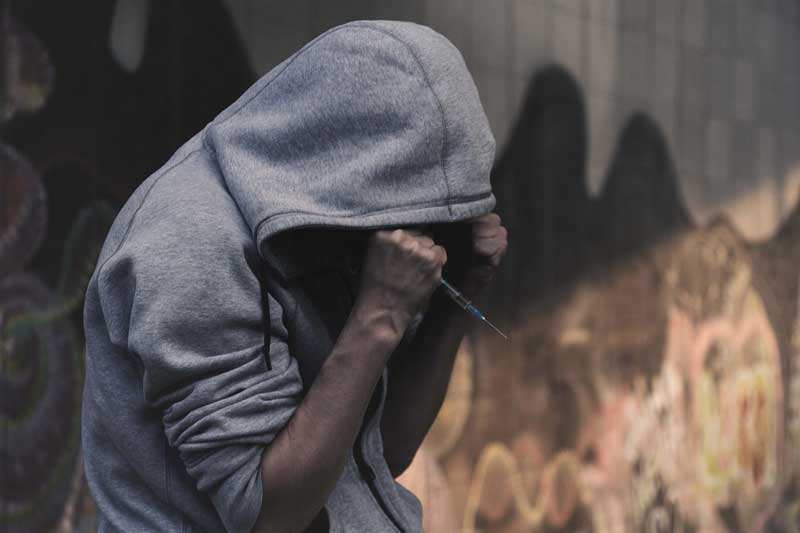Signs someone feels guilty for hurting you express guilt in various ways, and it often depends on their personality, communication style, and the severity of the situation. While not everyone exhibits the same behaviors, there are common signs that may indicate someone is grappling with guilt. Here are some key indicators to look out for.
Signs Someone Feels Guilty For Hurting You
- Avoidance and Distancing
- Unusual Silence or Defensive Behavior
- Apologizing Profusely
- Changes in Communication Patterns
- Increased Acts of Kindness
- Expressing Self-Disgust or Regret
- Changes in Body Language
- Attempts to Make Amends
- Emotional Withdrawal
- Changes in Behavior or Habits
Avoidance and Distancing
Guilt can make people uncomfortable facing the person they’ve hurt. If someone is actively avoiding you or creating distance, it might be a sign that they are struggling with guilt. This distancing can manifest in canceled plans, fewer interactions, or even a reluctance to engage in meaningful conversations. For more informative blogs visit rare cow
Unusual Silence or Defensive Behavior
Guilty individuals may become unusually quiet or defensive when the topic of their actions is brought up. They might avoid discussing the issue altogether, change the subject quickly, or deflect blame onto others. Defensive behavior often stems from an attempt to protect themselves emotionally.
Apologizing Profusely
Excessive apologies can be a clear sign that someone feels guilty for hurting you. Signs someone feels guilty for hurting you they constantly express regret, acknowledge their mistake, and show a genuine desire to make amends, it indicates that they are aware of the impact of their actions and want to repair the relationship.
Changes in Communication Patterns
Guilt may lead individuals to alter their usual communication patterns. They might become overly polite, excessively complimentary, or express heightened concern for your well-being. These changes are often attempts to overcompensate for the wrongdoing.
Increased Acts of Kindness
Some people cope with guilt by engaging in acts of kindness. They may go out of their way to do things for you, show extra consideration, or provide support beyond what is typical for them. This behavior reflects a desire to demonstrate remorse through positive actions.
Expressing Self-Disgust or Regret
A guilty person may vocalize feelings of self-disgust or regret about their actions. Signs someone feels guilty for hurting you might use phrases like “I can’t believe I did that” or “I feel so bad about what I’ve done.” Such expressions convey their internal struggle with the consequences of their behavior.
Changes in Body Language
Non-verbal cues can reveal a lot about someone’s emotional state. Avoidance of eye contact, fidgeting, or nervous gestures may suggest feelings of guilt. Pay attention to subtle changes in their body language during conversations about the incident.
Attempts to Make Amends
Guilt often motivates individuals to make amends for their mistakes. This could involve actively seeking ways to repair the damage, offering restitution, or taking steps to prevent similar situations in the future. Genuine efforts to right a wrong demonstrate a commitment to personal growth.
Emotional Withdrawal
Guilt can lead to emotional withdrawal as individuals grapple with their own internal turmoil. They might struggle to connect emotionally or seem less present in the relationship. This withdrawal is a defense mechanism to protect themselves from facing the emotional impact of their actions.
Changes in Behavior or Habits
A guilty conscience may prompt changes in behavior or habits. This could include alterations in daily routines, lifestyle choices, or social activities. These changes may reflect an attempt to distance themselves from the circumstances that led to the guilt.
It’s important to note that these signs are not definitive proof of guilt, as people respond to their emotions in diverse ways. Additionally, some individuals may not be aware of or openly express their feelings of guilt. Signs someone feels guilty for hurting you is key in navigating these situations, and an open and honest conversation can help clarify any misunderstandings, provide closure, and contribute to the healing process.




